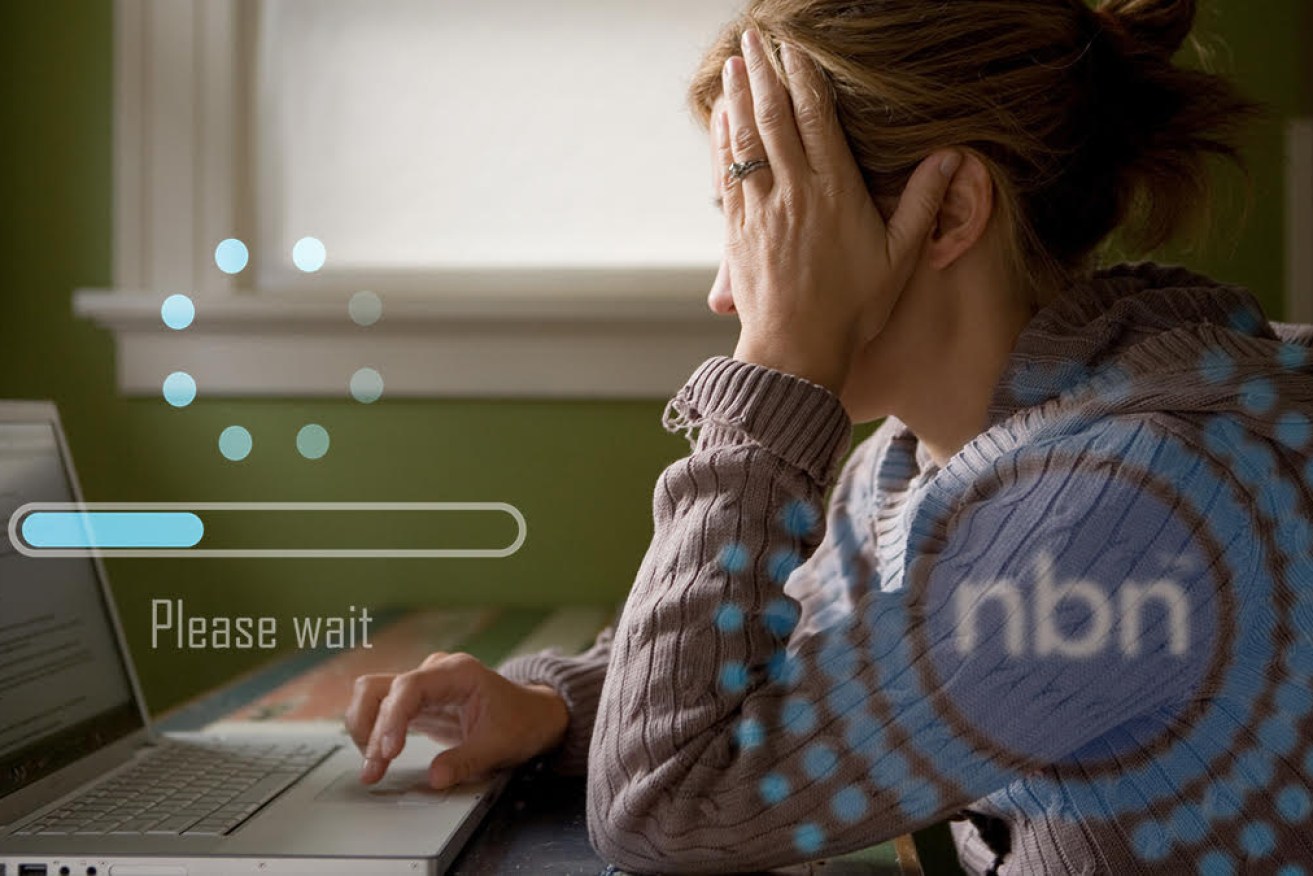NBN Co’s free coronavirus bandwidth boost is set to end soon. Here’s what consumers should know


The NBN has held up well during the coronavirus pandemic thanks to a temporary capacity boost, but it's set to end next month.
The coronavirus pandemic has seen the amount of bandwidth available to NBN customers soar, but experts fear consumers will face issues when NBN Co’s temporary free capacity boost ends next month.
The average amount of bandwidth available per NBN user shot up by nearly one-third (31 per cent) in the three months to June 30, the Australian Competition and Consumer Commission’s Wholesale Market Indicators Report released on Thursday revealed.
This follows NBN Co’s move in March to temporarily increase the network’s capacity by 40 per cent in response to the COVID-19 pandemic.
The additional network capacity was offered for free to retail service providers (RSPs) to pass along to customers as coronavirus restrictions came into force, and record numbers of Australians worked and studied from home.
ACCC chair Rod Sims described NBN Co’s capacity boost as “an important factor in ensuring consumers have sufficient network capacity to meet their work, educational and entertainment needs during the pandemic”.
But the offer is set to end on September 19, and consumers could see the quality of their home internet decline as a result.
“The capacity has been there, and people have shown enthusiasm for that, but we’re only looking at just over a month before that extra capacity disappears,” Finder tech commentator Angus Kidman said.
People do want that extra capacity, but it’s unlikely that internet service providers are going to pay more for that once the free offer goes away.”
NBN users could see “performance degradation” once the free capacity boost ends in September, Mr Kidman said.
“When it’s not there I think we’re going to potentially see some degree of consumer backlash,” he said.
Consumers will have to “wait and see” how their internet connections perform in the weeks following September 19, and many may decide they need to switch providers or pay more for a higher-speed plan in response to declining performance, Mr Kidman said.
Signs that your home broadband internet is struggling commonly include issues with video calls, and video streaming services pausing and buffering.
“I don’t think it’s going to be the case that everything just suddenly stops working, but if people get used to having a decent amount of bandwidth and then it’s dropped off, people will notice,” Mr Kidman said.
Customers flock to higher speeds
Customers have flocked to high-speed NBN plans since March, the ACCC report showed.
There were 383,257 new NBN services activated in the three months to June 30, with more than 7.4 million consumers now connected to the network.
About 255,000 households signed up to the most popular 50Mbps NBN plan, with almost five million customers connected to plans of 50Mbps and above by the end of June, the ACCC said.
There was an 11.9 per cent jump in the uptake of 100Mbps plans, with 9.1 per cent of households now subscribing to a 100Mbps plan.
“Many more households have been at home during the day during the COVID-19 pandemic and have likely chosen higher speed plans to accommodate increased broadband use whether it be for work, entertainment or even for their children to attend school during the lockdown,” Mr Sims said.
“Given the high demand for high-speed broadband during March to June in particular, we are fortunate that the NBN rollout is largely completed, as it has become an increasingly essential service for people to stay connected.”
A recent survey by telco comparison website WhistleOut showed that NBN users on higher-speed plans were the most satisfied with their home internet’s performance during the pandemic.
Overall, 75 per cent of Australians were satisfied with their home internet’s performance during the pandemic.

NBN customers on “premium” 100Mbps plans fared best, with 88 per cent reporting they were satisfied, followed by “standard” 50Mbps plan customers at 77 per cent, and 25Mbps plan customers at 59 per cent.
Those on the “basic” 12Mbps plan were least happy with their internet, with just 54 per per cent satisfied.
WhistleOut tech expert Kenny McGilvary said consumers should shop around to find the best NBN provider, and opt for a higher-speed plan if possible.
“We certainly recommend those taking up a new NBN service try one with 50Mbps or higher,” Mr McGilvary said.
“Our survey also showed that 29 per cent of NBN customers don’t know how fast their internet service actually is, and may not realise there are faster options available to them.
“We would recommend running a simple speed test to see how their service compares to what else is available, in case performance gains or financial savings are possible.”








